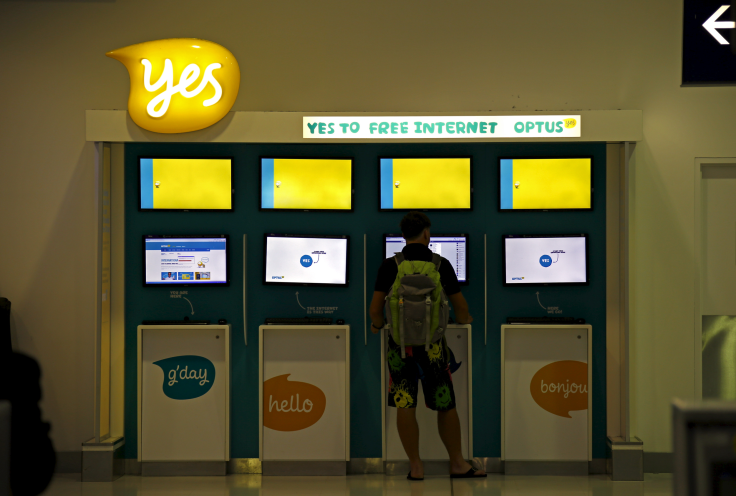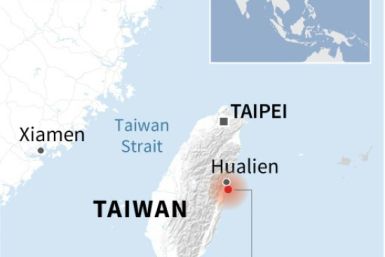Majority of Australian ISPs delivering very close to their maximum plan speeds

Results from a recent first report on broadband speeds suggest that internet providers in Australia are doing better than what was initially thought. The report looks at internet service providers (ISPs) Telstra, Optus, TPG and iiNet, with initial tests resulting to “better than expected” results.
The Australian Competition and Consumer Commission (ACCC) announced last year a monitoring program that seeks to provide consumers with a further understanding of what to expect from various internet service providers in Australia such as Telstra, TPG, iiNet and others. The country’s top consumer watchdog wanted to expose how the services stacked up in download speeds and congestion.
The ACCC’s initial report examining the broadband speeds of households across Australia is part of its Measuring Broadband Australia program. It specifically looks into peak hour speeds between 7 pm and 11 pm.
ACCC chairman Rod Sims declared that the first test results are better than expected. The report has found that NBN broadband services from Telstra, iiNet, Optus and TPG now delivers between 80 and only over 90 percent of the maximum plan speeds in the busy hours of the night, and that peak hour speeds are currently marginally below typical speeds at other times.
Sims said these results indicate that the majority of net service providers in Australia are now delivering close to their maximum plan speeds. But the ACCC also found that five percent of tested services operate at less than 50 percent of their maximum plan speeds. It means the small minority dealing with peak hour congestion are sitting in a digital traffic jam.
“The results for some types of services are still lower than we would like, but the overall results go against the current wisdom that the majority of consumers and businesses are having issues with NBN speeds,” Sims said, according to News.com.au. As for peak hour download speeds, the huge providers deliver upwards of 80 percent of maximum speeds.
The company behind the NBN previously altered its pricing structure. The overhaul intended to cut the chances of ISPs skimping on costs believed to be a cause of congestion during busy periods.
The ACCC's test also suggests that switching from ADSL2+ over to 25Mbps NBN plans can result to significant speed improvements, based on its real world testing. Another report from the consumer watchdog will be released in the second half of the year, with tests expanding to 2,000 NBN and ADSL services.






